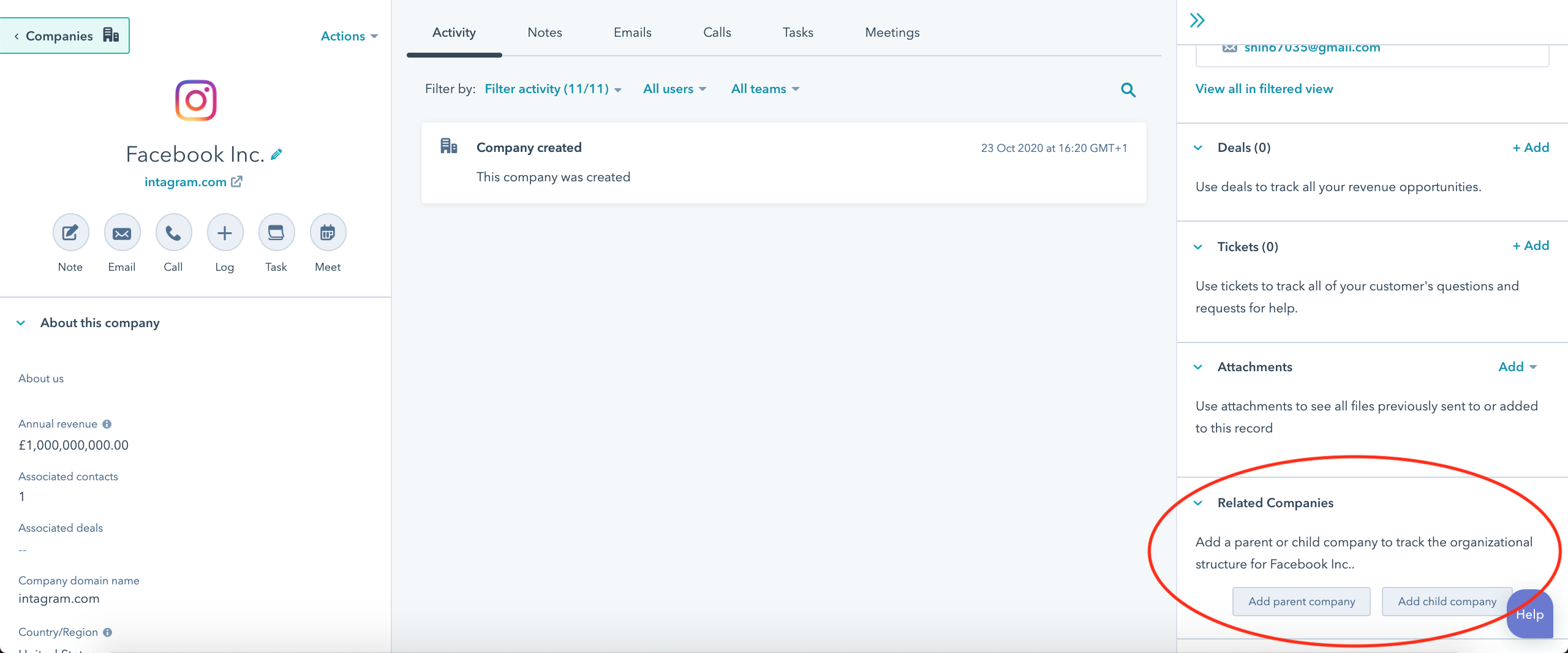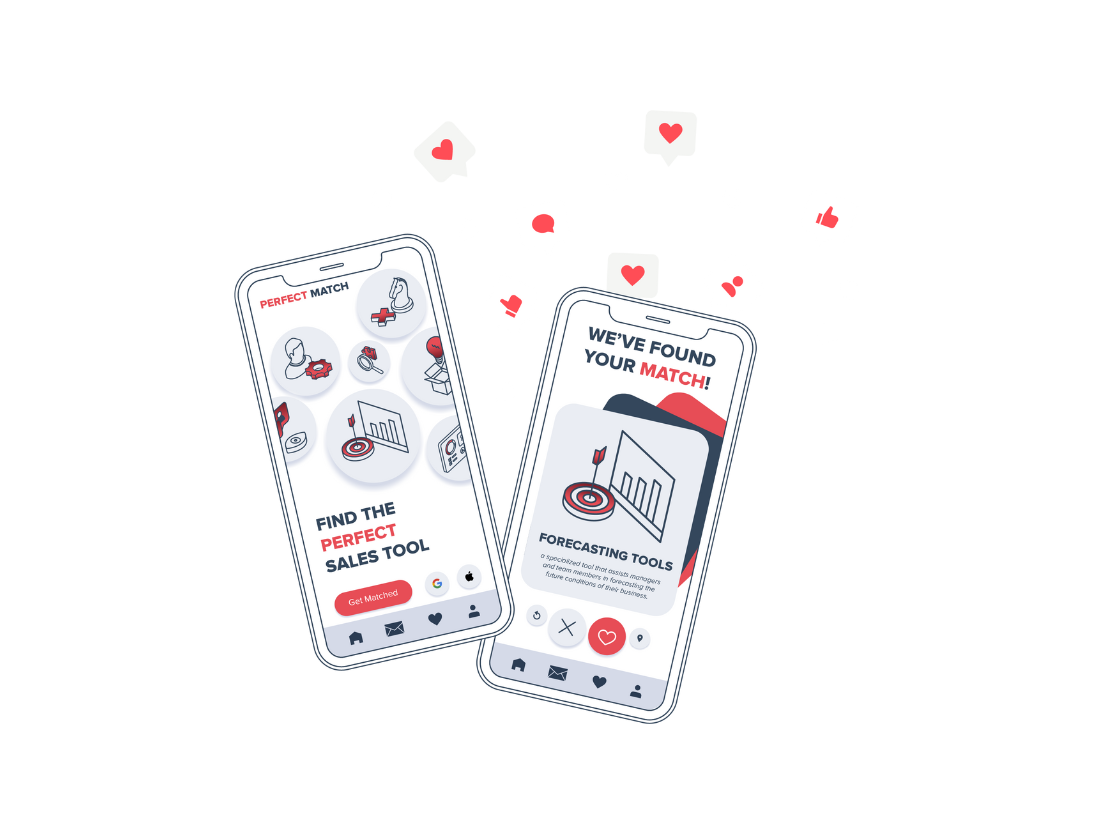HubSpot’s parent-child feature makes it simple to create CRM connections between businesses and their various franchises and subsidiaries. In this blog post, Scott Murcott, Copywriter at Huble Digital, runs through how to easily use this feature in your CRM and how it helps both marketing and sales to stay relevant.
Marketers and salespeople have segmentation and cross-channel personalisation down to a fine art: behind every communication is a considered effort that caters to customer needs, wherever they are in the buyer’s journey. In short, to service both prospects and clients effectively, we need to be relevant.
So why should it be any different with huge multinational companies and their subsidiaries?
Servicing parent-child companies requires a nuanced approach
Though they sport the same branding and follow overarching business guidelines, each subsidiary company of a larger enterprise will have developed its own distinctive culture and operational quirks. After all, what works in one country or market won’t necessarily hit the target in another.
For example, a franchise car dealership close to a neighbourhood in a popular school catchment area will have curated a product portfolio for their clientele. To bolster the product offering, brand messaging and marketing communications would target young parents and families instead of gearheads and sportscar enthusiasts. Think more spacious SUVs and less fuel-guzzling Maseratis!
Since the area is popular with parents in their 20s and 30s, the dealership could also look into electric vehicles to tap into the younger generation’s ecological stance.
What does this mean for marketers and salespeople?
An enterprise-level business can have a large client database spread across various locations, with different subsidiaries responsible for servicing certain audience segments.
It’s critical for agencies that manage enterprise CRMs to understand how subsidiaries relate to one another, who works with who, and how each location’s goals feed into the bigger business picture. They also need to know what each location excels at, and who their specific clientele are.
In short, marketers and salespeople must familiarise themselves with a complex organisational network to form meaningful relationships that generate sales.
Connecting the dots with HubSpot’s parent-child relationship feature
Thankfully, HubSpot’s parent-child feature makes it simple to create CRM connections between businesses and their various franchises and subsidiaries.
Here’s how:
Step 1: Add a parent or child company to an existing company record by navigating to Contacts > Companies in your HubSpot account.
Step 2: Select the name of the company you want to create a parent-child relationship for.
Step 3: Click Add parent company or Add child company in the Related companies section in the right panel.

Step 4A: If you chose Add parent company, search for the company you want to add and click Select.
Step 4B: If you chose Add child company, search and click on the checkbox(es) of child companies in the existing company record. Once you've chosen all of the child companies in the existing company record, click Done. You’ll now see all of the child companies in the right panel, under Related companies.
You can create multiple levels of parent-child relationships. However, only the immediate parent and child companies of the record you are on will appear in the related companies section. Every parent company can have up to 10,000 associated child companies, but a child company can only be associated with one parent company.
For more information on creating parent-child companies in HubSpot, check out the FAQ page.
Intrigued by HubSpot’s multi-level parent-child management?
HubSpot’s parent-child feature is an exceptional tool for marketers and salespeople, but it’s only one facet of what the platform can offer in terms of enterprise company CRM management.
HubSpot's Growth Suite is the full marketing, sales and service package, giving enterprise-level companies full visibility of their various subsidiaries and their activities. We’d like to help you harness it.
To learn how we can help you build closer relationships with your customers using the HubSpot Platform, check out our sales & CRM consulting services.














